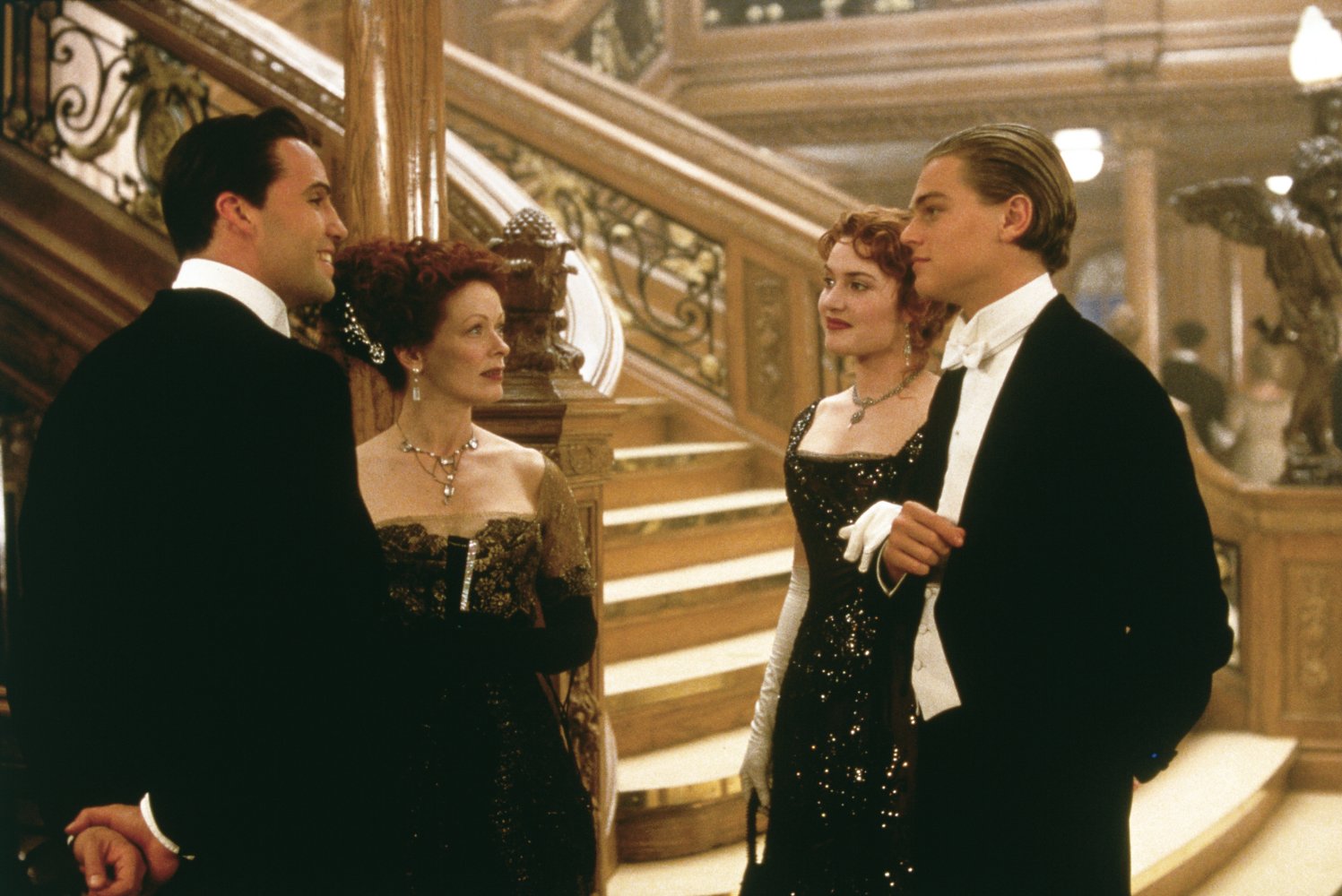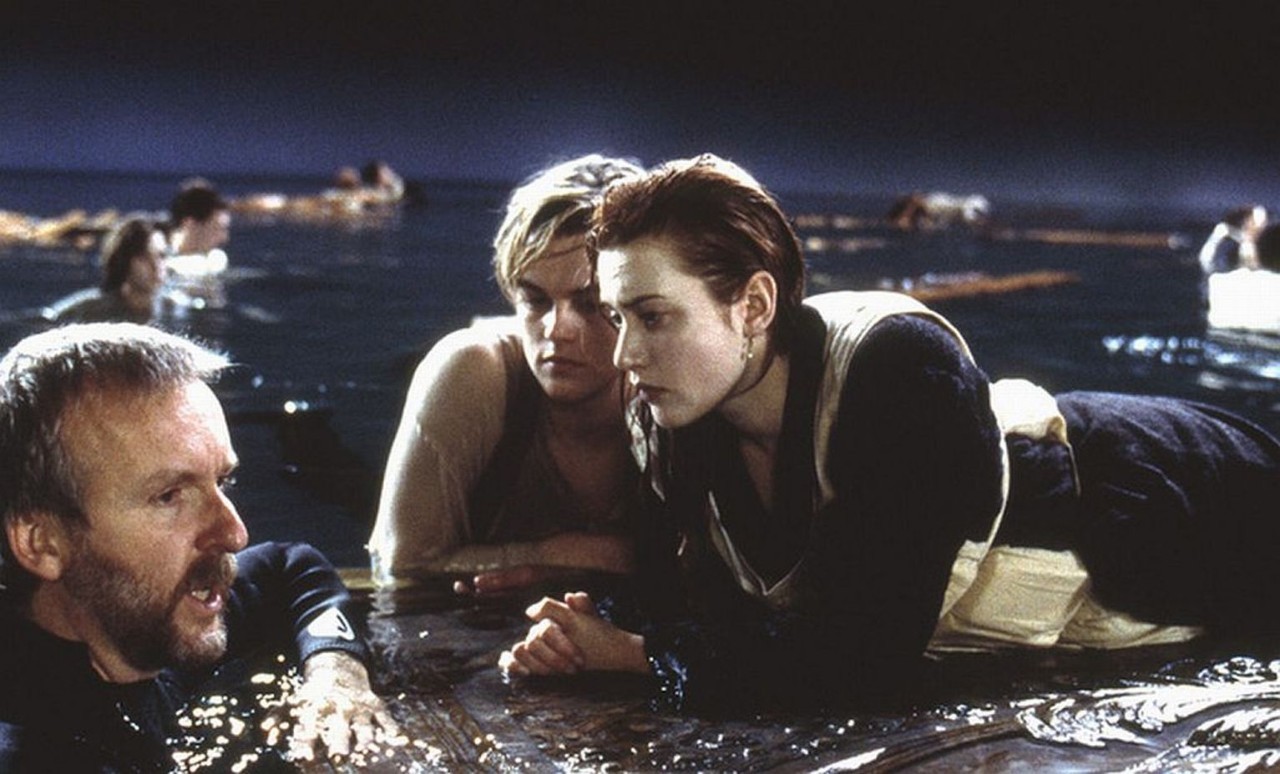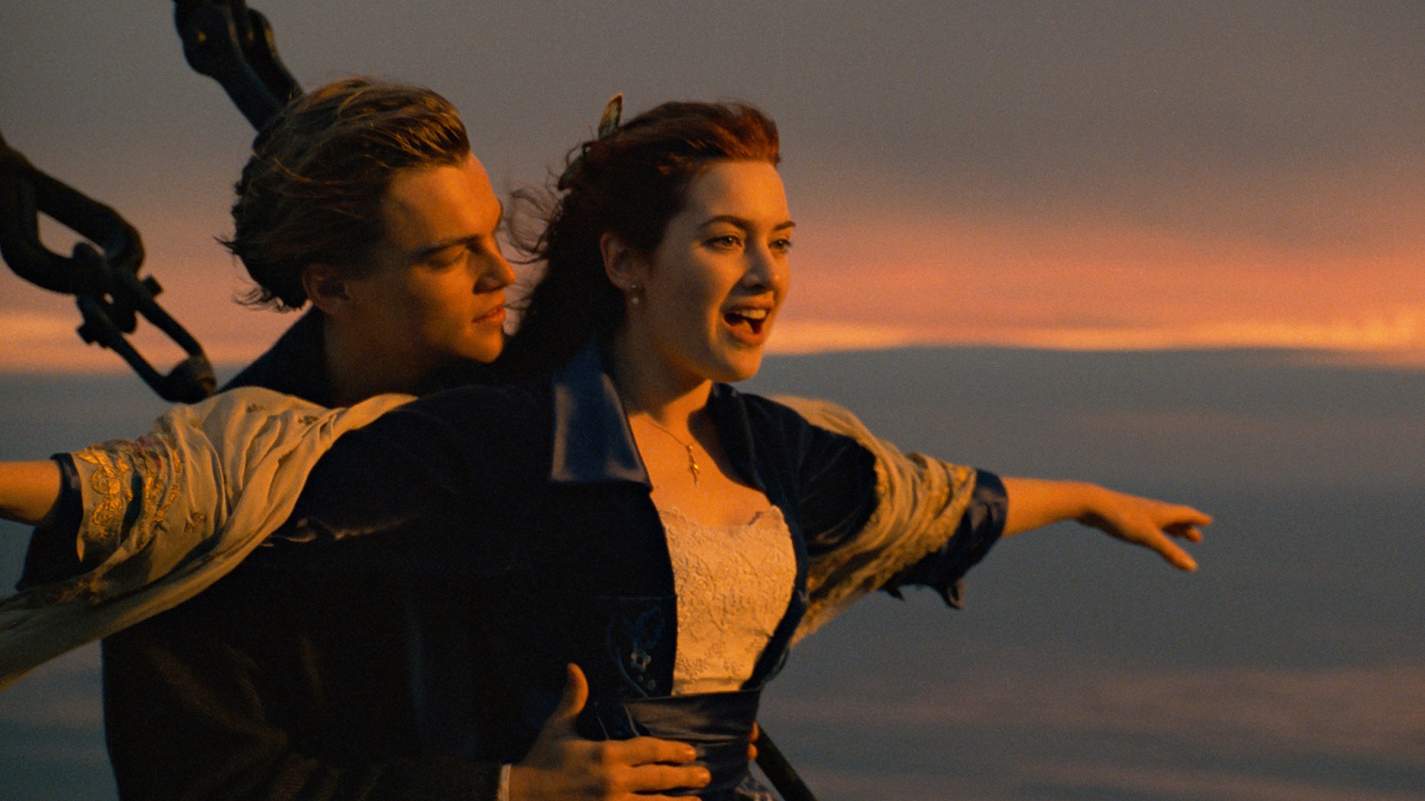110 years ago, on the night of April 14-15, 1912, the legendary Titanic sank on its first and only voyage when it collided with an iceberg in the North Atlantic. At 23:59 the captain was informed about the threat of collision, and already at 02:20 the Titanic broke into two pieces and sank, claiming the lives of 1,496 people, according to official figures.
A movie will be made 85 years after the tragedy of the Titanic – on December 19, 1997, James Cameron’s film of the same name will be released, after which it will win 11 Oscars in the main categories, making it the highest-grossing film in history. The next 12 years (his record, by the way, will be beaten by the same Cameron’s work – “Avatar”).
What is the secret to Titanic’s success and why is it a great movie?
Titanic was an industry sensation in itself: on a budget of $200 million, using the latest technology and running for three hours, it became one of the most expensive and innovative films of the 20th century. And if the audience was delighted with this touching and large-scale story, then critics (not all, nevertheless) sometimes did not share their enthusiasm, calling Titanic the embodiment of bad taste and primitive technology. Italian scientist, philosopher, and cultural theorist Umberto Eco later wrote in 1998: “Kate Winslet is like two drops of water, like American girls running around to watch the Titanic; after all, these girls don’t look like Sharon Stone, they look exactly like her; burger-fed girls whose ideal (guess who) is Monica Lewinsky, and we wonder how Clinton got in trouble for an idiot who could drop a few pounds. These typical American girls, who spend their entire lives in front of the mirror wondering how they can be like Sharon Stone after watching Titanic, are convinced they can get Leonardo DiCaprio (or Clinton) by staying the way they are. Now, it’s clear that reliving such a dream thirty times is minimal, and the film’s success was predestined when Kate, a girl with bulimia, begins to eat hamburgers. Also, the author of the review compared the “Titanic” with the inverted story “Cinderella”.

However, both Umberto Eco and other critics agreed: The film has no clear formula for success and is not well suited to a simple explanation of the phenomenon. The latter, most likely, lies in the versatility of the content of Titanic: both a disaster based on true events, and a melodrama with two strong components – Leo DiCaprio and Kate Winslet, and even partly a detective and adventure thriller. Sherri Lansing, producer of Paramount (the company that agreed to share the film’s production cost with 20th Century Fox instead of Universal) said that James Cameron was called insane when the idea was conceived and demanded the seemingly impossible. : detailed reproduction of realistic costumes and interiors on screen, convincing computer graphics, after all, real wallpaper. If it looks funny now, the producers had to argue to the end. And that’s another ingredient in Titanic’s success – it’s a rare example of an uncompromising film and a rare example of the director’s uncompromisingness that made the movie a true event. At one point, it even lost its own pay in favor of a percentage of the proceeds, with the film’s funding in jeopardy.

James Cameron seemed to want to squeeze everything he could out of this movie, and so he was meticulous about every detail: he dived into the wreckage of the Titanic, personally approving the main characters who hadn’t earned much love yet. the public and personally chose My Heart Will Go on, which they wanted to replace due to “rusting”. It was unusual for the ’90s film industry to give a director such overt authority, but 20th Century Fox took the risk. And they did not fail. Despite a slow and uncertain start, Titanic managed to manage the charter and also managed to stay in first place for another 15 weeks! By the way, this record has not been broken so far.
In Titanic, the terrifying scenes organically alternate with something personal and very touching, and therefore the audience is always intrigued. First off, this is a global story: “What if suddenly…” Especially at the end of the 20th century, on the eve of the millennium and apocalyptic mood swings, and relatively recently after an actual shipwreck. date called a bad sign. Secondly, this is a disaster against the background of love, which successfully fits into the plot of a romantic line (and, as we remember, as a rule, everyone likes it). general madness. And (perhaps this is the most important point) these two components combine with the third – James Cameron’s devotion to his own instincts. All this, of course, does not exactly determine the success of the film, otherwise similar “Titanics” would have sufficed, but for 1997 this was a novelty, because the future Oscar winner was called first a madman, and then a genius. He broke the record of his time in everything related to cinema.

He later said that he wanted to make a movie in the most unbearable, inhumane conditions Hollywood could afford at the time, and that it was a movie about death and separation. Did it work? More than that.
Source: People Talk





